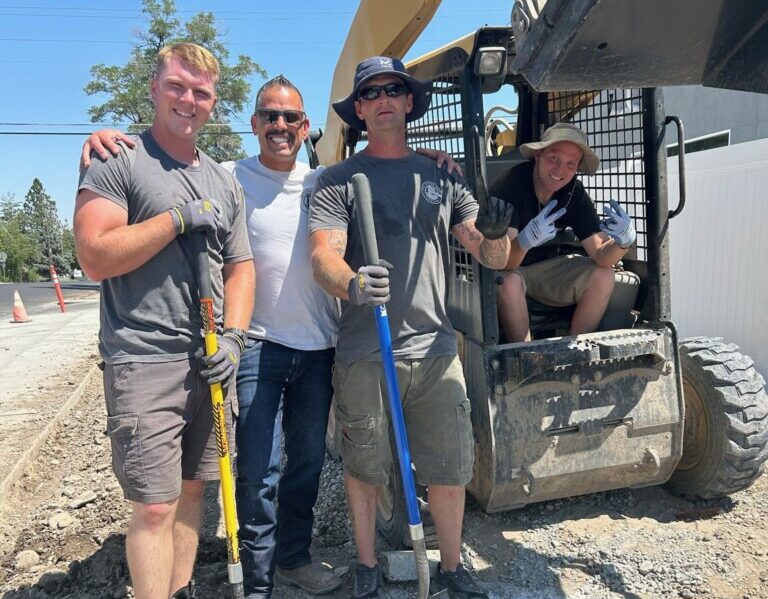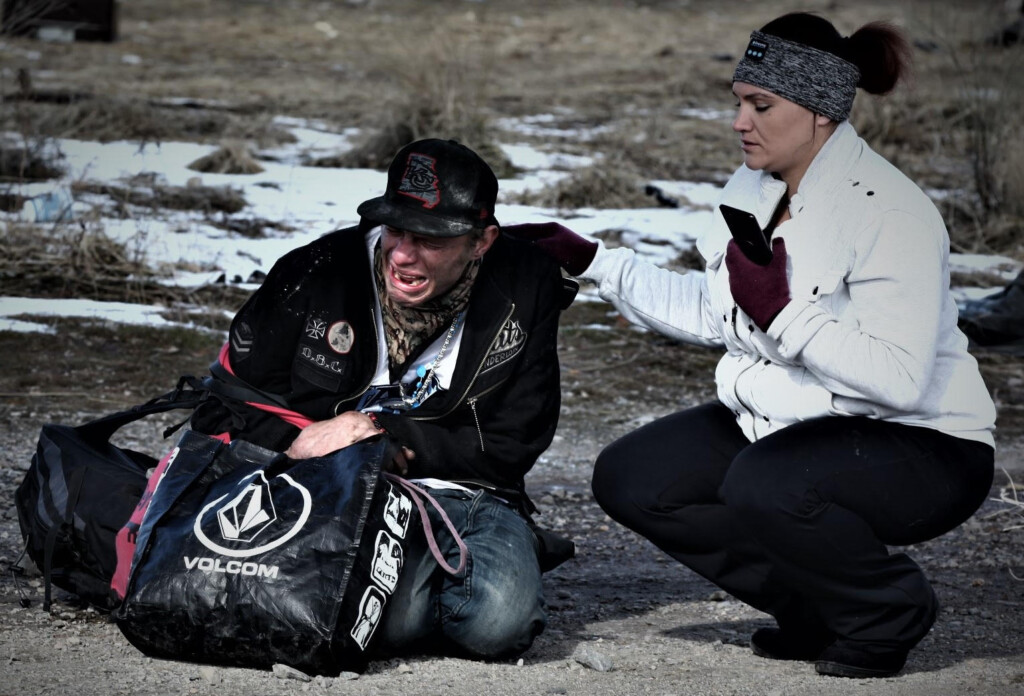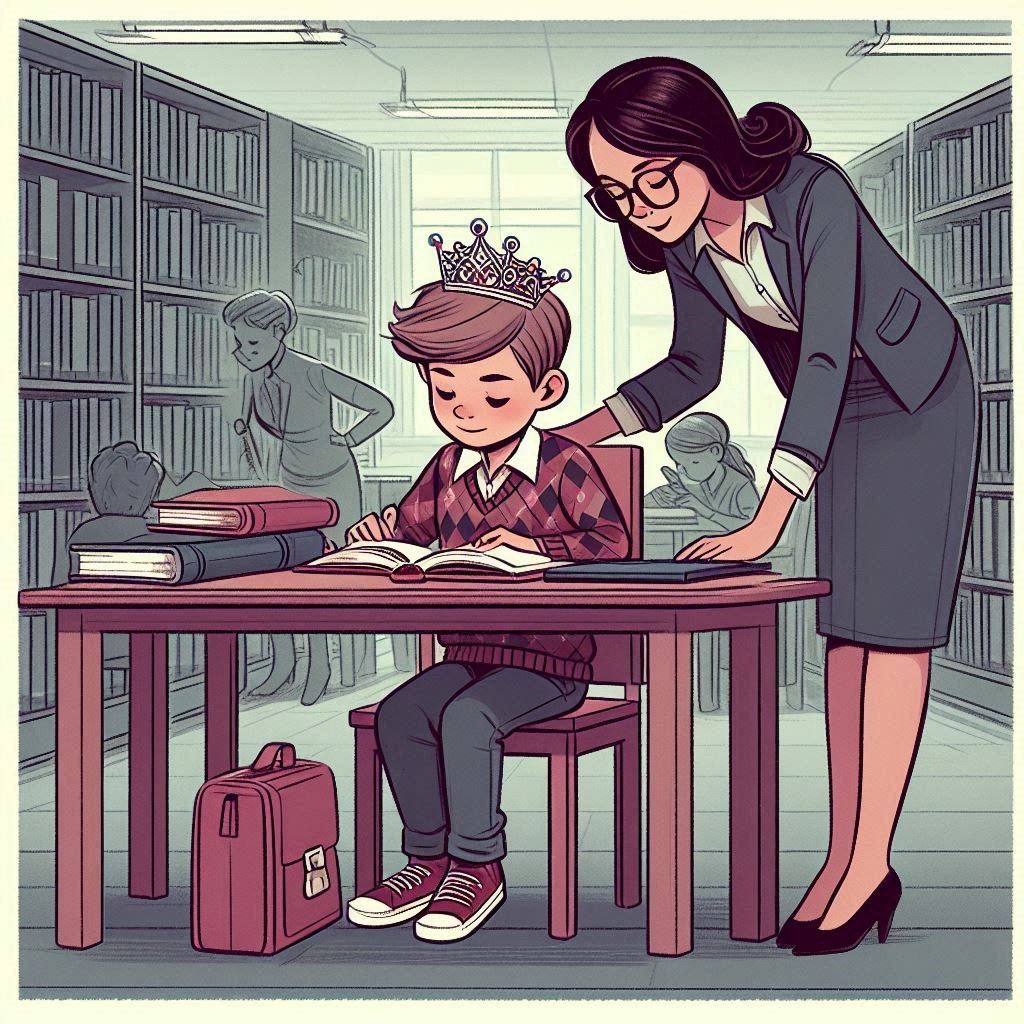
The Bravo Network reality TV show franchise “real housewives” has become a massive hit. This past year they added Salt Lake City to their roster of cities. Their formula is to put ladies who fit a unique set of physical characteristics together. The ladies are almost always tanned, evening-gown-wearing, glittery, dramatic, and out-spoken. For some reason, I don’t see ladies with this type of appearance in our grocery stores. Yoga pants and tee shirts are much more “real” to the reality of Salt Lake City’s housewives.
One of the TV show’s Salt Lake City stars Jen Shah was recently arrested. She had to appear in federal court last Tuesday. Shah was released on a $1 million bond for alleged crimes associated with her telemarketing business. Stories about this alleged fraud are found on most major celebrity news outlets.
As someone who doesn’t watch network or cable television, I thought I would examine some of the highlights of the show on Bravo’s Network website.
The aspects that have made the national franchise such a hit are obvious. The reality-TV stars open up their lives completely. They discuss their marital problems, their relationships, and how they judge each other’s appearances, attitudes, and personalities, which inevitably leads to catfighting. But not all exchanges are demeaning or heated.
In one especially emotional exchange, the stars were discussing their relationship with the LDS Church.
Whitney Rose’s husband Justin was asked by the program’s host about his standing with the LDS Church after growing up Mormon.
Rose said, “I received a letter from the Church saying that I was no longer in good standing.”
Host Andy Cohen then asked, “recently?”
“No, it was ten years ago.”
“And so usually you have a chance to defend yourself.”
Rose said, “When you grow up Mormon it is the worst letter you can get.”
“How did you get through it?”
“Umm”, [at this point Justin is holding back tears], “time. Yea.”
Another star of the show Heather began crying as well.
“Heather, this is upsetting to you.”
“Yea. I just feel for them. It’s my same story. And I might get a letter too.” She says this with tears rolling down her cheek.
This rare and touching moment was very revealing of the culture of former church members in Utah.

In the otherwise scandalous, in-fighting, hostile, bickering nature of this type of programming, it was a moment that is common among families that are mostly members who might have one “black sheep” that is not in good standing with the Church, who then is viewed under a certain light, along with sometimes judgemental family members as well as tended family.
There are many LDS Members in Utah who feel they have been wrongly ex-communicated or placed into poor standing with the Church. There are many members who would like to improve their standing with the Church but have become “apostate.” for not abiding by the core principles and Word of Wisdom that the Church mandates of all members.
If you or anybody you know would like to open up and talk about this issue, Utah Stories would like to write a story and provide an open forum of discussion about this topic. You can email us: [Richard at UtahStories dot com]
Subscribe to Utah Stories weekly newsletter and get our stories directly to your inbox





